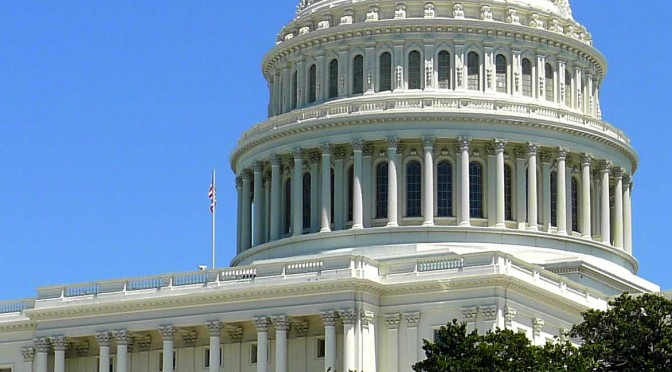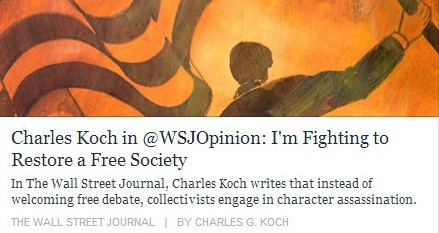Tag: Cronyism
-

When Wichita officials promise to look out for your interests, remember last summer
When the City of Wichita tells citizens that it will thoroughly investigate and vet potential economic development projects and partners, remember what the city did just last summer.
-

WichitaLiberty.TV: Issues surrounding the Wichita sales tax and airport
Who would be most harmed by the proposed Wichita sales tax? Also: A look at updated airport statistics, and what the city could do if it wants to pass the sales tax.
-

Economic development in Wichita, one tale
In this excerpt from WichitaLiberty.TV: A look at a recent episode of economic development in Wichita, and what can we learn from that.
-

What the Wichita city council could do
While the proposed Wichita city sales tax is a bad idea, the city could do a few things that would not only improve its chance of passage, but also improve local government.
-

WichitaLiberty.TV: Primary election results, and a look forward
A look at some of the primary elections results this week. What did voters say, and what should we look for in the November general election and the future past that?
-

Sedgwick County elections: Commissioners
In Sedgwick County, two fiscally conservative commission candidates prevailed.
-
Economic development and cronyism in Wichita
Bob Weeks examines problems with economic development and cronyism in Wichita.
-

In Kansas fourth district, fundamental issues of governance arise
The contest in the Kansas fourth district is a choice between principle and political expediency, and between economic freedom and cronyism.
-

Pat Roberts, senator for corporate welfare
Two years ago United States Senator Pat Roberts voted in committee with liberals like John Kerry, Chuck Schumer, and Debbie Stabenow to pass a bill loaded with wasteful corporate welfare.
-

For Tiahrt, economic freedom is not a good thing, it seems
Kansas congressional candidate Todd Tiahrt has criticized Charles Koch and Americans for Prosperity, leading us to wonder if Tiahrt understands or embraces the principles of economic freedom and free markets.
-

WichitaLiberty.TV: Water, waste, signs, gaps, economic development, jobs, cronyism, and water again.
A look at a variety of topics, including an upcoming educational event concerning water in Wichita, more wasteful spending by the city, yard signs during election season, problems with economic development and cronyism in Wichita, and water again.
-
In Wichita, gap analysis illustrates our problems
Testimony provided to the Wichita City Council on July 1, 2014 regarding gap analysis and the problems it reveals.